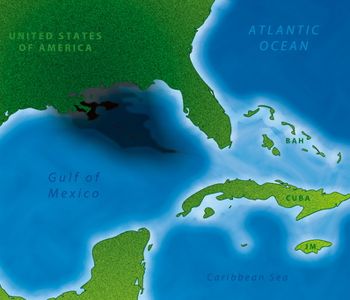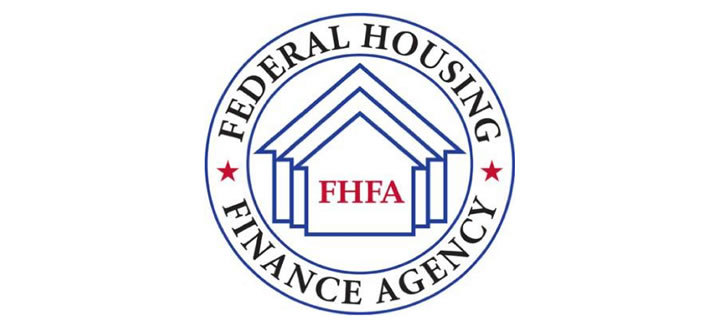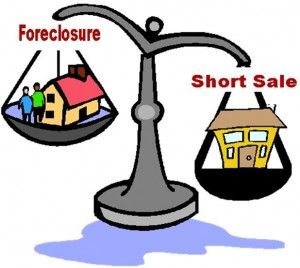 Texting + driving = bad things happen. My husband, a twenty year veteran DUI officer in St. Petersburg, Florida shows me gruesome car accident photos now and again that help keep me in line. As a result, I run less red lights that still look orange to me, and I try to avoid certain behaviors while driving, including texting.
Texting + driving = bad things happen. My husband, a twenty year veteran DUI officer in St. Petersburg, Florida shows me gruesome car accident photos now and again that help keep me in line. As a result, I run less red lights that still look orange to me, and I try to avoid certain behaviors while driving, including texting.
But I was surprised to learn that texting while driving is much much worse than drinking and driving. Did you know for instance that the five seconds you look at your phone to read or write a quick text, amounts to a football field of distance going 55 mph. I use the excuse that I only text at red lights or I pull over. But really, how many times do I finish typing or reading the sentence I started, while I accelerate when the light turns green. It would not take much more than a second or two for a pedestrian or bicyclist to move in front of me while I’m still looking down foot pressed against the accelerator. I am also very guilty of writing three words or less while driving. Still takes five seconds to do that. Meantime a football field has passed by.
Be a good example for your kids. 48% of young people say they see adults regularly texting while driving. That’s no different than getting drunk off your &^% and getting behind the wheel. In fact it’s eight times worse according to statistics.
 Reboot Your Life: Tampa Student Loan and Bankruptcy Attorney Blog
Reboot Your Life: Tampa Student Loan and Bankruptcy Attorney Blog


 Just as our Tampa Bay, Florida BP oil spill claims are heading toward the finish line, the rules are changing. We believe the new narrower guidelines will likely have a larger impact on our Florida based claims due to the increased distance from the oil spill than states such as Louisiana. Like many of our Florida counterparts, our law firm began filing claims early in the year. Because of the volume of claims received in the Spring of 2013, the estimated payout time increased from what was 60-90 days to 6-9 months. Now lossess will be re-evaluated under the new rules as a result of last week’s hearing.
Just as our Tampa Bay, Florida BP oil spill claims are heading toward the finish line, the rules are changing. We believe the new narrower guidelines will likely have a larger impact on our Florida based claims due to the increased distance from the oil spill than states such as Louisiana. Like many of our Florida counterparts, our law firm began filing claims early in the year. Because of the volume of claims received in the Spring of 2013, the estimated payout time increased from what was 60-90 days to 6-9 months. Now lossess will be re-evaluated under the new rules as a result of last week’s hearing. The new
The new  Fannie Mae and Freddie Mac’s position is that they will not agree to a principal reduction in a mortgage modification. So our Florida foreclosure defense and bankruptcy clients are out of luck when their home is worth a lot less than the balance owed. This is their position even after a homeowner has filed bankrutpcy and is no longer personally liable for the underlying debt.
Fannie Mae and Freddie Mac’s position is that they will not agree to a principal reduction in a mortgage modification. So our Florida foreclosure defense and bankruptcy clients are out of luck when their home is worth a lot less than the balance owed. This is their position even after a homeowner has filed bankrutpcy and is no longer personally liable for the underlying debt. A three judge panel
A three judge panel  Traditionally in Florida, doing a short sale rather than allowing a foreclosure sale to occur is considered much better for your credit. Not so much difference in credit score per se, but mostly for future governmental financing when it is time to buy a home again.
Traditionally in Florida, doing a short sale rather than allowing a foreclosure sale to occur is considered much better for your credit. Not so much difference in credit score per se, but mostly for future governmental financing when it is time to buy a home again. There are new TPD (disability) regulations going into effect on July 1, 2013 to help our student loan clients in Florida and elsewhere. These new changes apply only to applications received after July 1, 2013. In a nutshell, the significant changes are designed to make an application much more streamlined!
There are new TPD (disability) regulations going into effect on July 1, 2013 to help our student loan clients in Florida and elsewhere. These new changes apply only to applications received after July 1, 2013. In a nutshell, the significant changes are designed to make an application much more streamlined!  Bank of America simply cannot get it right. Our Tampa, Florida law firm sees violations regularly whether it involves foreclosure or bankruptcy. Of particular note these violations are all one way and they put money in BofA’s pocket. If they were truly errors, wouldn’t they immediately be corrected once pointed out and wouldn’t the errors go both ways?
Bank of America simply cannot get it right. Our Tampa, Florida law firm sees violations regularly whether it involves foreclosure or bankruptcy. Of particular note these violations are all one way and they put money in BofA’s pocket. If they were truly errors, wouldn’t they immediately be corrected once pointed out and wouldn’t the errors go both ways?  Another tool to help Florida homeowners keep their home and avoid foreclosure will be available this summer.
Another tool to help Florida homeowners keep their home and avoid foreclosure will be available this summer.